Working With A Remote Lattice Coach
Getting started with your Remote Lattice coach, is a really exciting time! The coaching team here at Lattice are always overwhelmed by how positive and psyched anyone looking to start training with us is. This is always so inspiring for us, both as climbers and of course, as your climbing coach. Finding out more about your goals, aspirations and what motivates you to put in the hard graft at the climbing gym is our bread and butter!
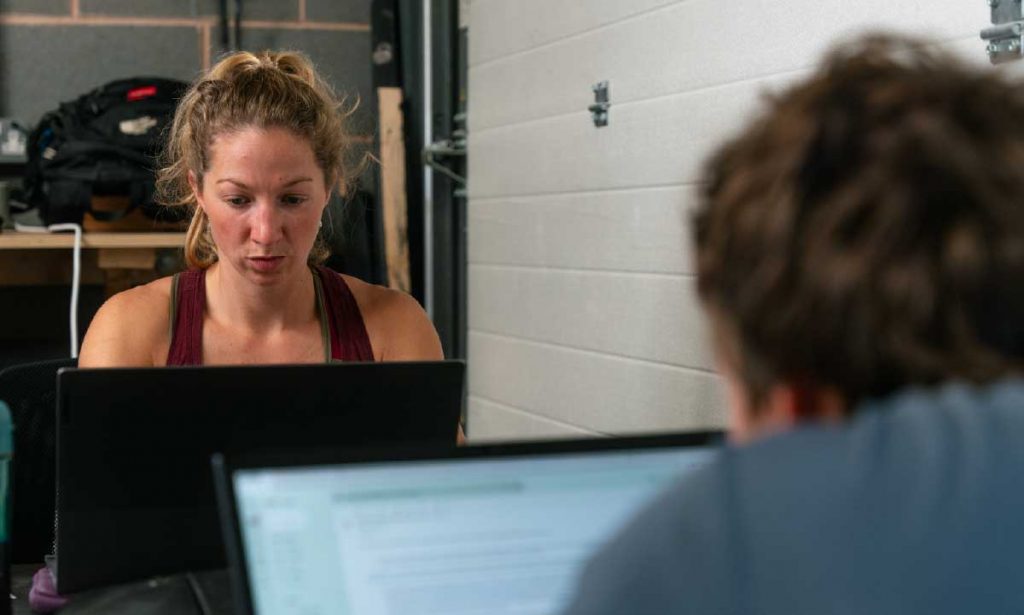
There is, however, sometimes some inconsistency in the depth and quality of information that athletes starting a training plan tend to provide and this is something that we’d like to support you with when getting started for the first time training with a remote coach at Lattice. We want you to get the most out of your coach and your training plan. From the coach’s perspective, the information that you provide is crucial, as it is this information that goes on to influence any decision making regarding your training.
Although we understand that sometimes it can be tough to establish this level of openness and trust in your coach so early on, you should know that we are always committed to you and as passionate climbers ourselves we always want you to enjoy your training and get the most out of your plan. By working closely and openly with your coach, this will facilitate the growth of a trusting coach-athlete relationship and increase your motivation for training and therefore improve your performance outcomes – ideal!
In order to effectively communicate this information, it is important to establish a successful coach-athlete relationship, so lets explore how we can do this as remote coaches.
Establishing a successful coach-athlete relationship.
The best and highest quality coach-athlete relationships are based on open communication, trust and belief. When these relations are formed you, the athlete, experience greater self-confidence, higher levels of satisfaction and greater sense of passion. The better the coach-athlete relationship, the more likely you are to adhere to your plan, to make progress in your remote assessment measures and to improve your overall climbing performance.
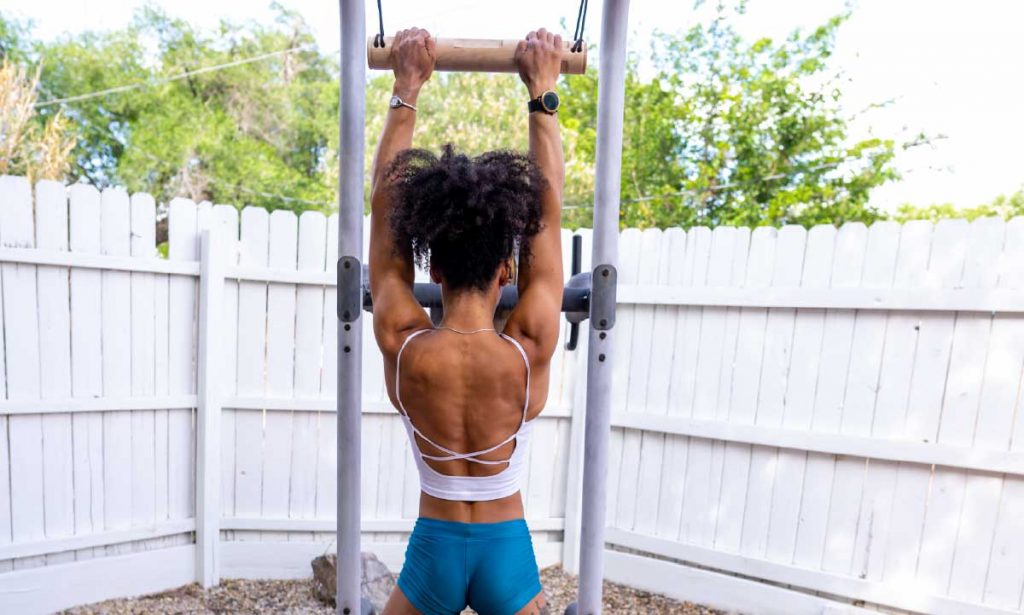
For the coaching team, open communication is paramount as it demonstrates that you are committed to the coach-athlete relationship. This helps both athlete and coach to build trust and facilitates an open dialogue about the key roles that each person plays. If a coach is able to recognise that their client is committed to the relationship, this will also strengthen their own commitment. Your coach will demonstrate this commitment to you by being responsive and co-operative to the details that you provide regarding your training history, schedule, goals and priorities.
Our coaches provide personalised coach notes and session specifics, engage with your diary entries, answer questions and provide support and encouragement with your training, establishing a relationship built on the foundations of trust and collaboration.
The depth and quality of information we are after:
When our coaches here at Lattice were asked, “What information from clients do you find most useful when writing a plan.” they indicated that our athletes should ideally consider the following 5 points:
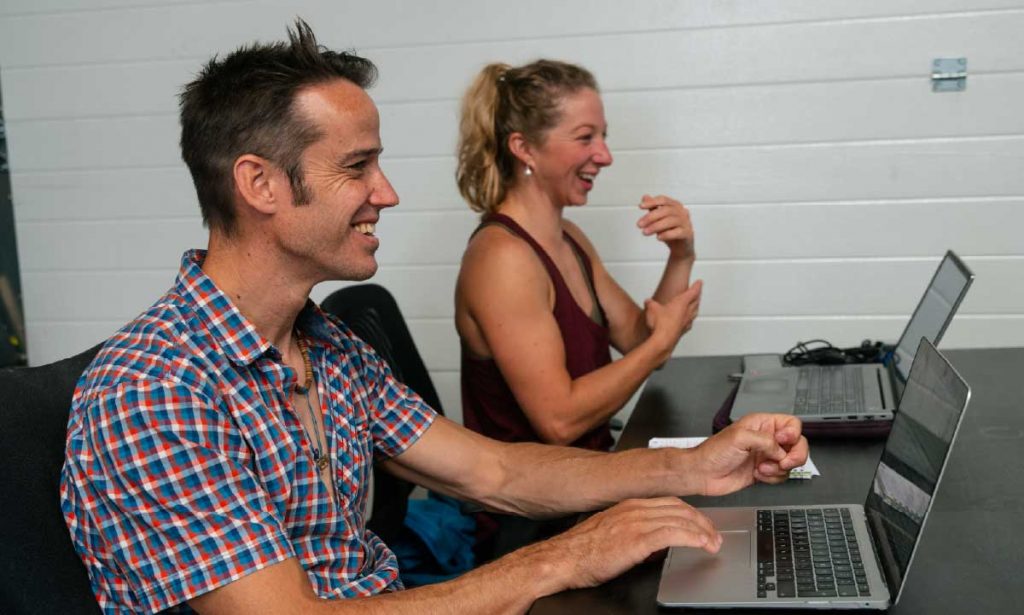
1. What is important to you as an athlete?
- What is the most important aspect of your climbing and training?
- Are you prepared to make sacrifices in the hope of pursuing your goals?
- Is it important for you to be out in nature, or putting in maximal efforts at the gym?
- Do you hope to climb and train socially and with a higher volume of open sessions, or is that outcome goal your primary driver?
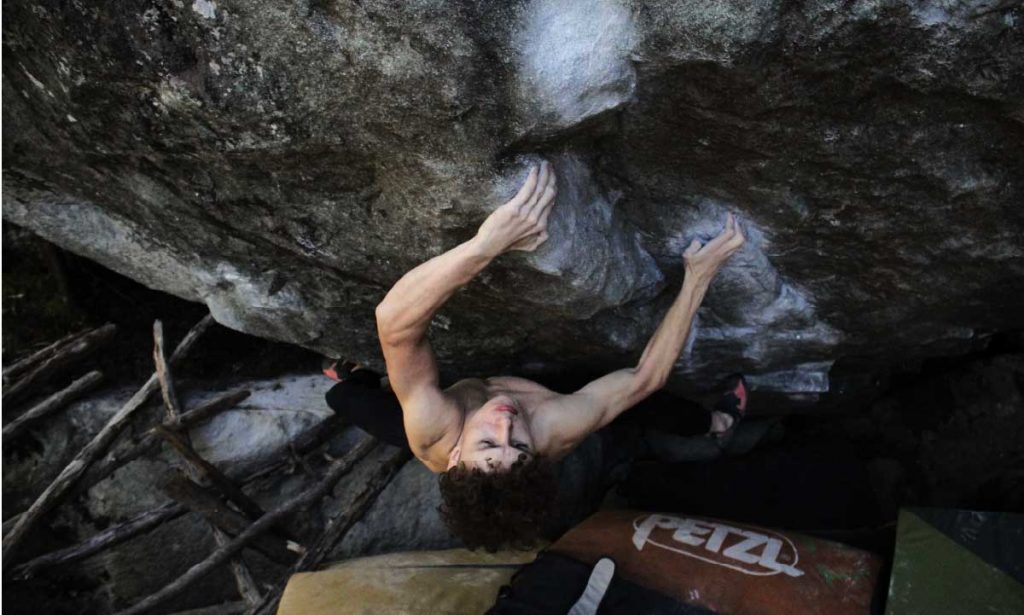
2. What are your specific goals?
Is there a particular climb, climbing style, skill, grip type, movement that you’d like to get better at? Most climbers want to break into the next grade, but the more time you spend setting goals that are SMART, the more invested in those goals you will be, making you more determined to adhere to your training plan. By providing relevant detail about your goals, your coaches can apply their experience and knowledge to designing a plan that best meets your specific needs.
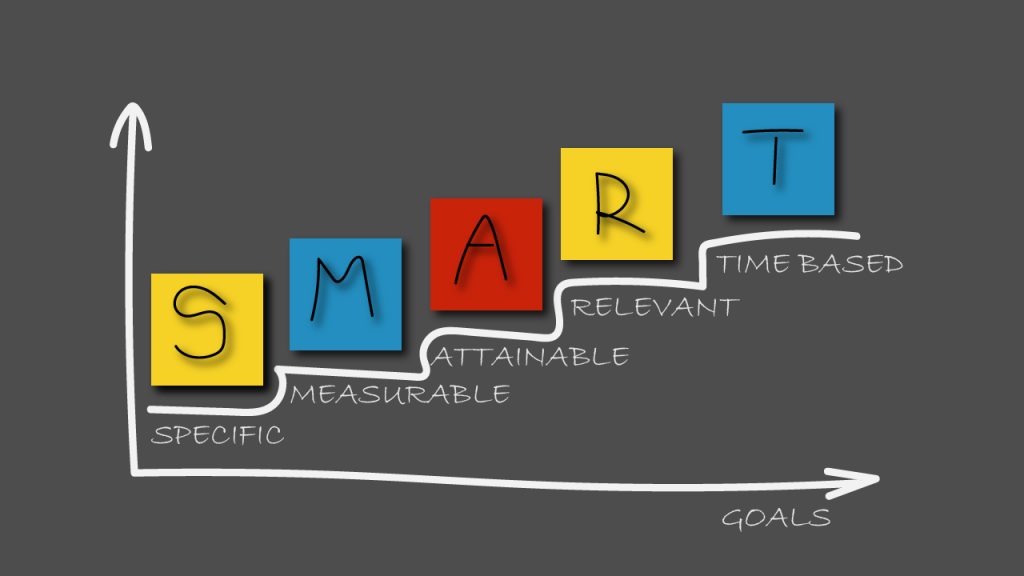
As an example, Joe Bloggs’ goal is to boulder V6 at the climbing gym. This is a good starting point, but this doesn’t provide enough information for the coach to effectively support them. The following would be more informative.
- Specific = At my local climbing gym, boulder a steep, powerful V6 using pinches, as these are my preferred grip type. If I can improve my core strength and shoulder stability, I am confident that I could achieve this goal.
- Measurable = Get to the top of one V6 boulder.
- Attainable = I boulder indoors regularly and I’m prepared to give up my weekly sport climbing session in order to pursue this goal. I have no holidays planned that could interfere with my training. I always try to dedicate a portion of my indoor bouldering sessions to climbing on the steep sections of the wall.
- Realistic = I have climbed V5 several times in the past, on a range of angles and using a range of grip types. I have attempted lots of V6s, but I feel like I need to get stronger.Timely = I’d like to be able to complete this just after completion of my 12 week plan, which concludes on the 27th November.
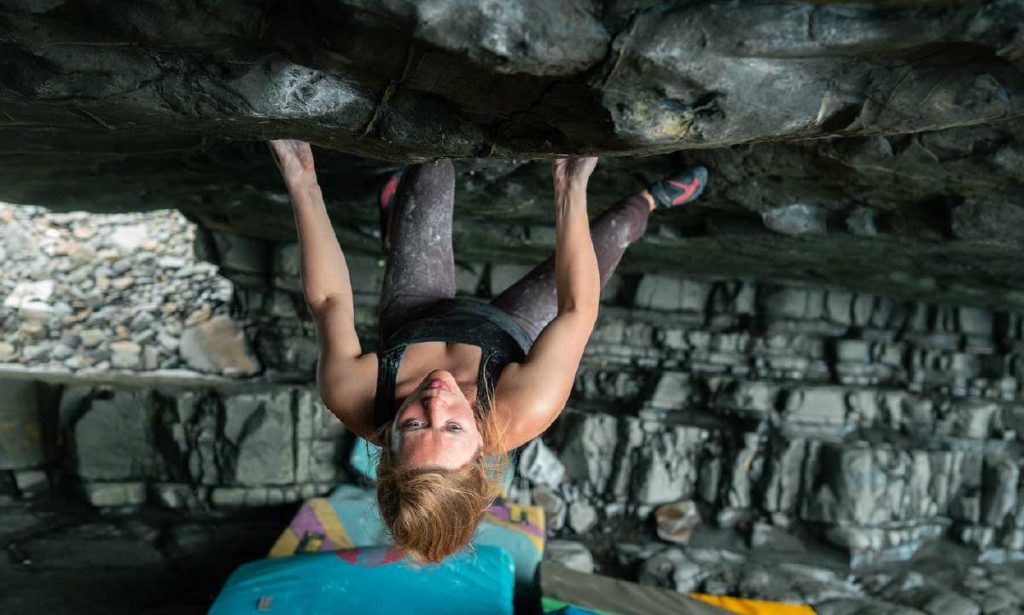
However, it’s also important to be honest about how important these goals are to you and to list them in order of importance. You may have a long, sustained crimpy sport climb that you’d like to do and a four move grit stone compression boulder that you’d also like to complete. Training for both of these simultaneously would be counter-productive, so think carefully about which one means more to you. You might want to think about which one you are closer to completing, the one you enjoy trying the most or the one that will be most practical to try, based on the season and locale. It’s also useful for your coach to know how long this has been your goal for and why you feel particularly motivated for it.
3. Be honest and open so that we have a good idea of the bigger picture.
By providing Information about your thoughts, feelings and behaviours regarding your training and climbing, your coach can consider what will and won’t work for you when working towards your goals. One way for you to show commitment to the coach-athlete relationship is by taking the time to fill in your form.
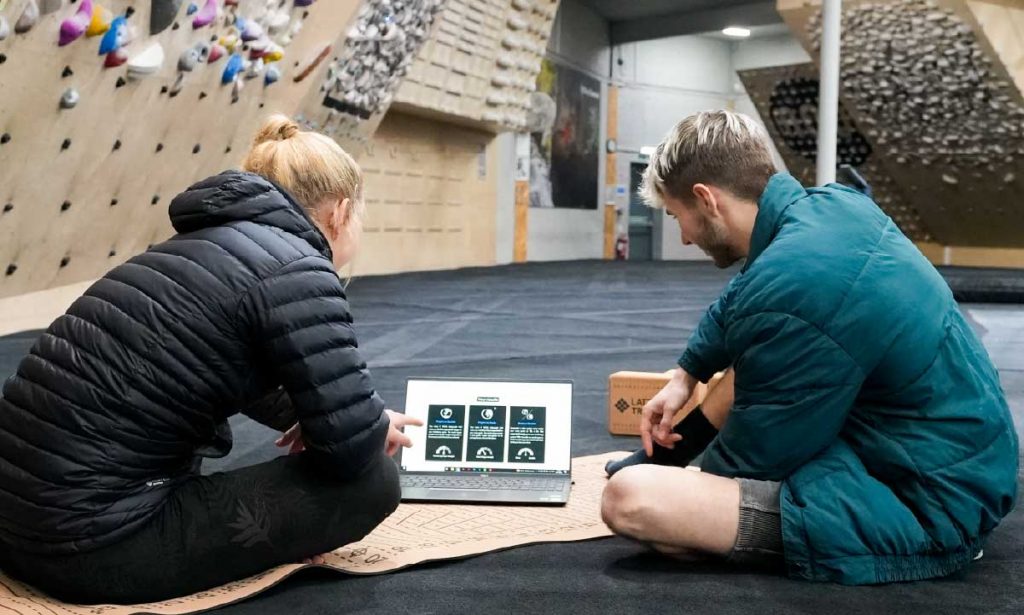
The more information the coaches have, the better informed they can be with decision making when writing your plan. This will facilitate you in becoming autonomous with your training, with the provision of structure and guidance from your coaches.
4. Be clear about time frames.
Whether you’re discussing busier periods of time at work or times when you’d like to enter into a performance phase, it’s useful to provide upfront details about how you’d like to structure your training.
You might discuss how many of the following you’d like to include in a week: open climbing sessions, climbing-based training sessions and strength and conditioning/flexibility and mobility sessions. Because mental fatigue and stress elicit a psychophysiological response, it’s also important to make sure that you consider allostatic load as well as training load. This is a simple way of getting the most out of your periodized training plans and can also minimise the risk of injury.
Similarly, if you have just 6 sessions left on your project before the season draws to a close, let your coach know. This way your coach can allocate protected projecting time and tailor the specificity of your training to meet the demands of your project and schedule.
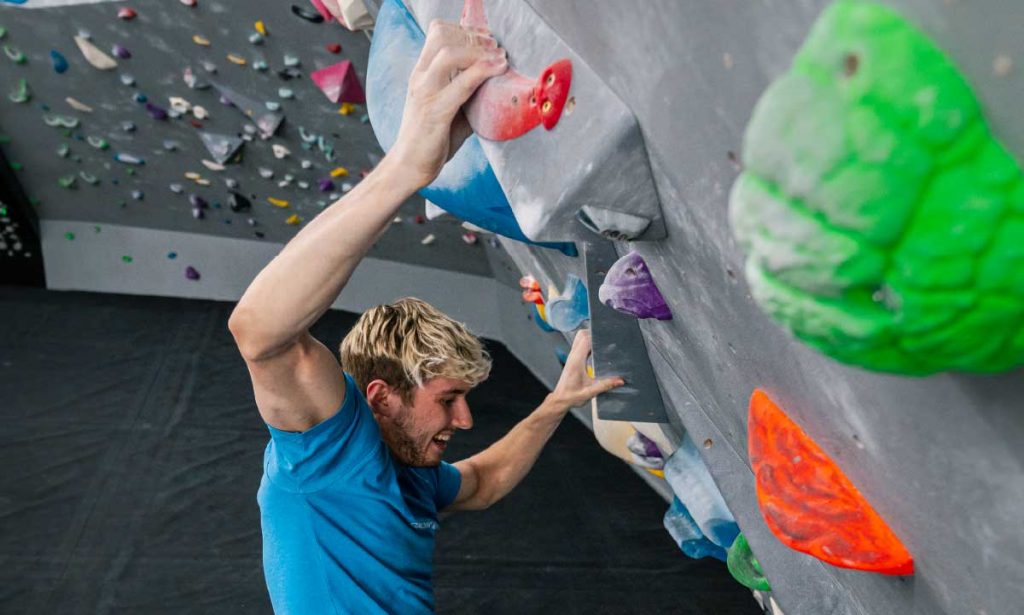
Remember: coaches rely heavily on the information that you provide, so inform them of anything that you think could be relevant, but be consistent and realistic.
5. Would you like us to work around your menstrual cycle or daily cycle?
This is not only applicable to women!
The person that knows most about your body is you. Are there certain times within the month, week or even within each day when you feel particularly motivated or… demotivated?
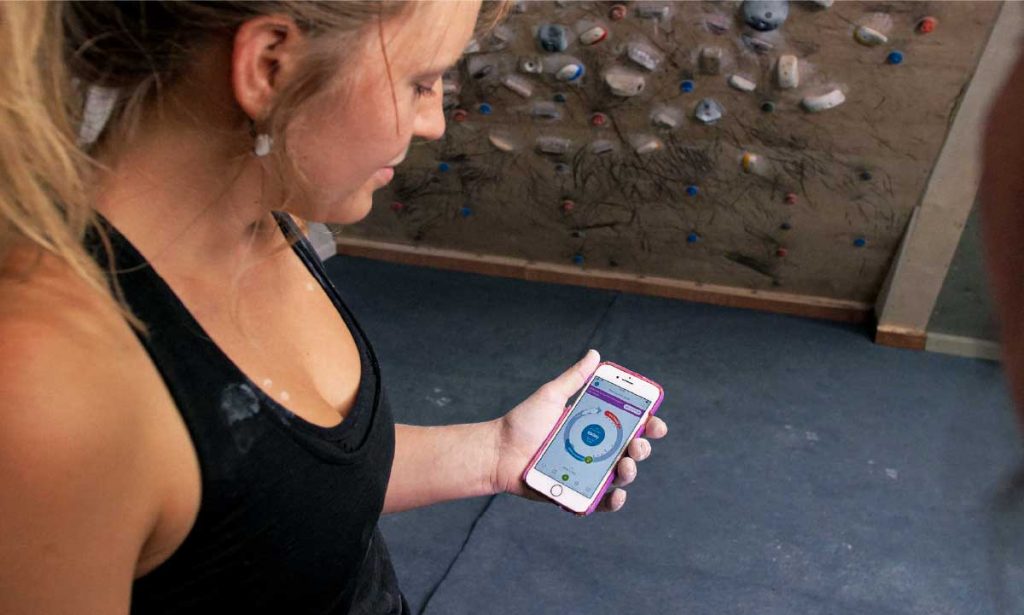
Are you an early bird that can maximise those high levels of testosterone by strength training in the morning or are you susceptible to sleep inertia and prefer to strength train in the evening? If this is something that you’d like your coach to consider, please specify and provide them with any information that you think could be relevant. Although, more specifically, research into training around the menstrual cycle is currently limited, your coaches can certainly work with you to period-ize your training. (Yes. I just made that joke!).
What can hold back a relationship? When quality coach-athlete relationships are not established, this is not down to the individuals involved, but rather down to misunderstanding or miscommunication.
For example:
COACH: My athlete is happy with the training load of their new plan because they haven’t been in touch.
ATHLETE: I’m overwhelmed and daunted by the loading of my new plan, but I’m afraid to reach out because I don’t want to disappoint my coach.
It is useful to remember that there are two different perspectives in every coach-athlete scenario. Unfortunately, this miscommunication can damage the trust, longevity and cooperative nature of the coach-athlete relationship. If you are open and clear about your preferences, providing information that is relevant and informative, this will result in improved communication and a greater degree of trust. Your coach is here to support you and will adapt their mentoring style accordingly, using the initial coach consultation as a platform for discussing your requirements as an athlete.
Over to you.
Coach-athlete relationships are two-way, depending on both parties to build an open and trusting relationship. When these relationships are established, our athletes are motivated to adhere to their plans and commit to their training because of the confidence that they have in their coach and the control that they have over their own training.
By openly describing your priorities, goals, thoughts, feelings and training behaviours, your coach can ensure that your training plan fits with your lifestyle and your preferences, maximising the potential for high-quality and rewarding climbing and training sessions. Not only this, but effectively communicating with your coach could be the difference between falling short of sending your project and reaping the benefits of your hard work, feeling stronger and more confident with your climbing and getting your project sent!
On that note… isn’t it time you went climbing?
If you are looking to start on a 100% customised, highly adaptable plan, with the support of a 1:1 remote Lattice coach, then check out our Climbing Training Plan+ here.
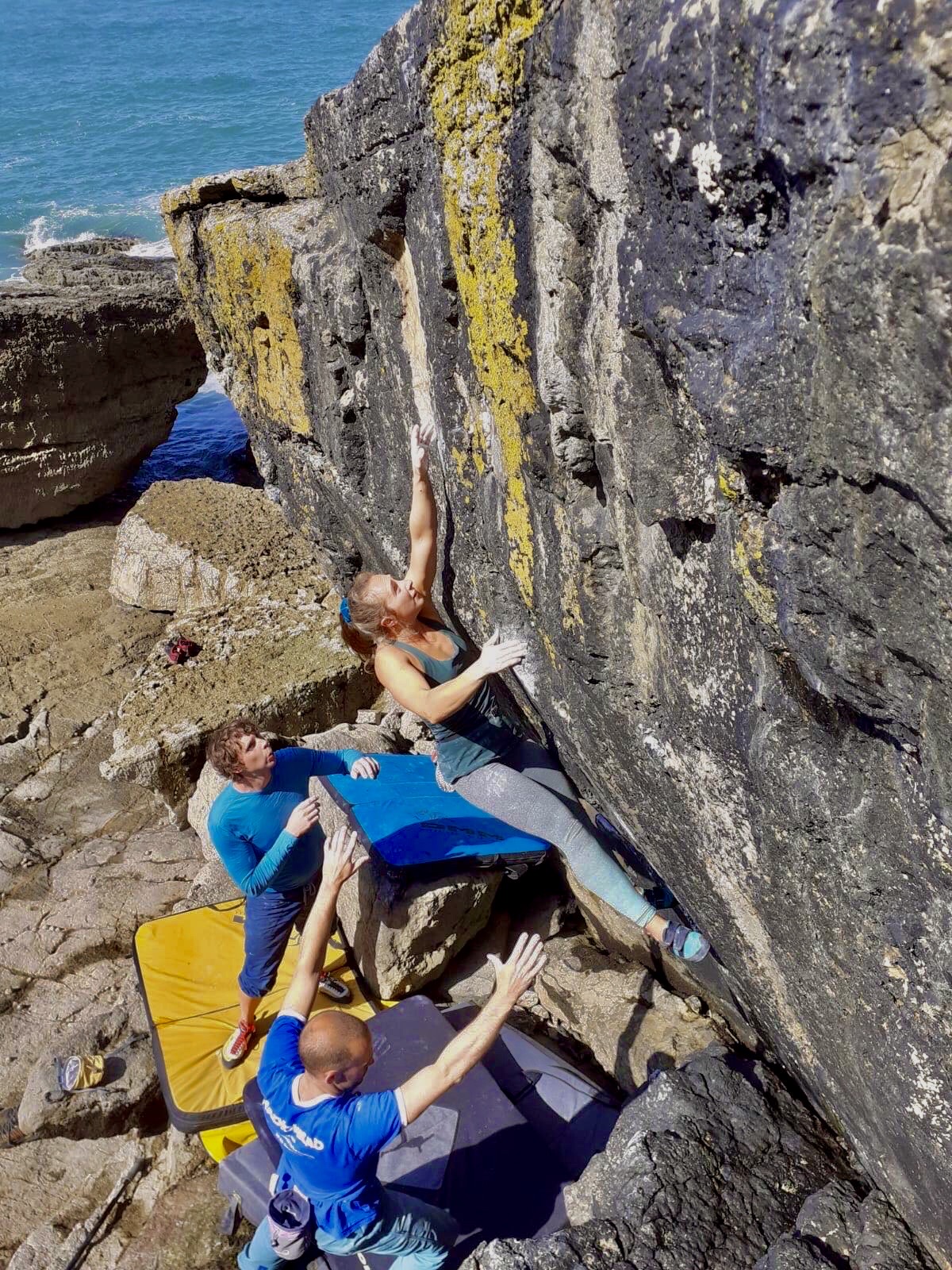
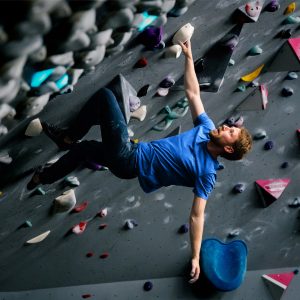


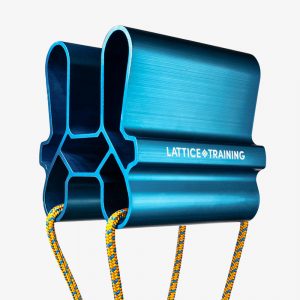
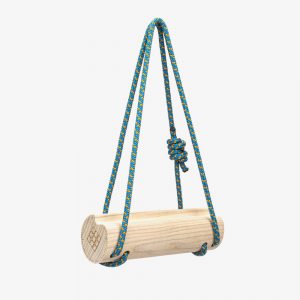

I want to climb 8a sport at 65/66 years old!
Excellent guide to making the best of the coach-athlete relationship. I’m looking forward to leaning in to the ideas and learning in here and getting prepped for the start date. Thanks team Lattice 🤙🏻